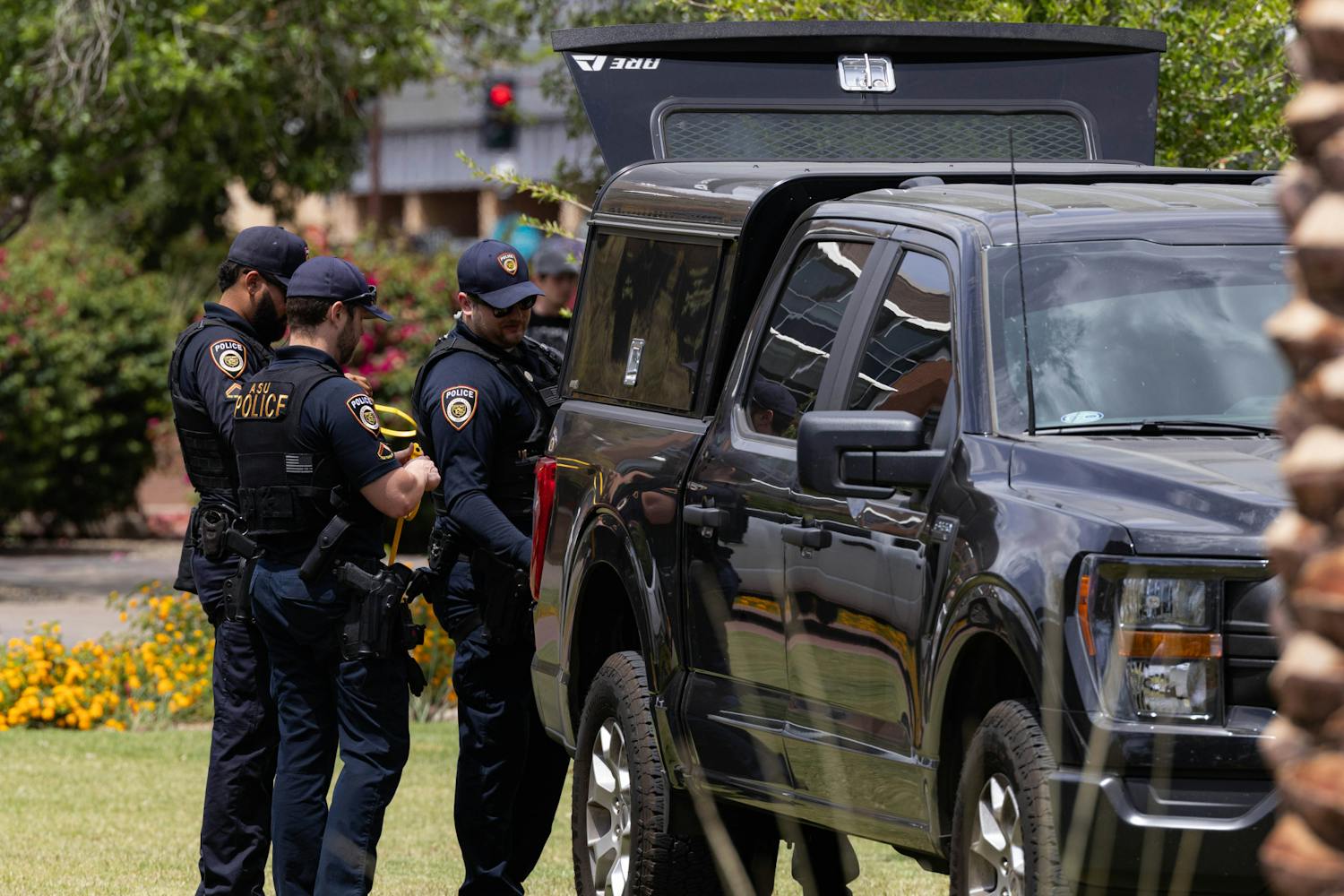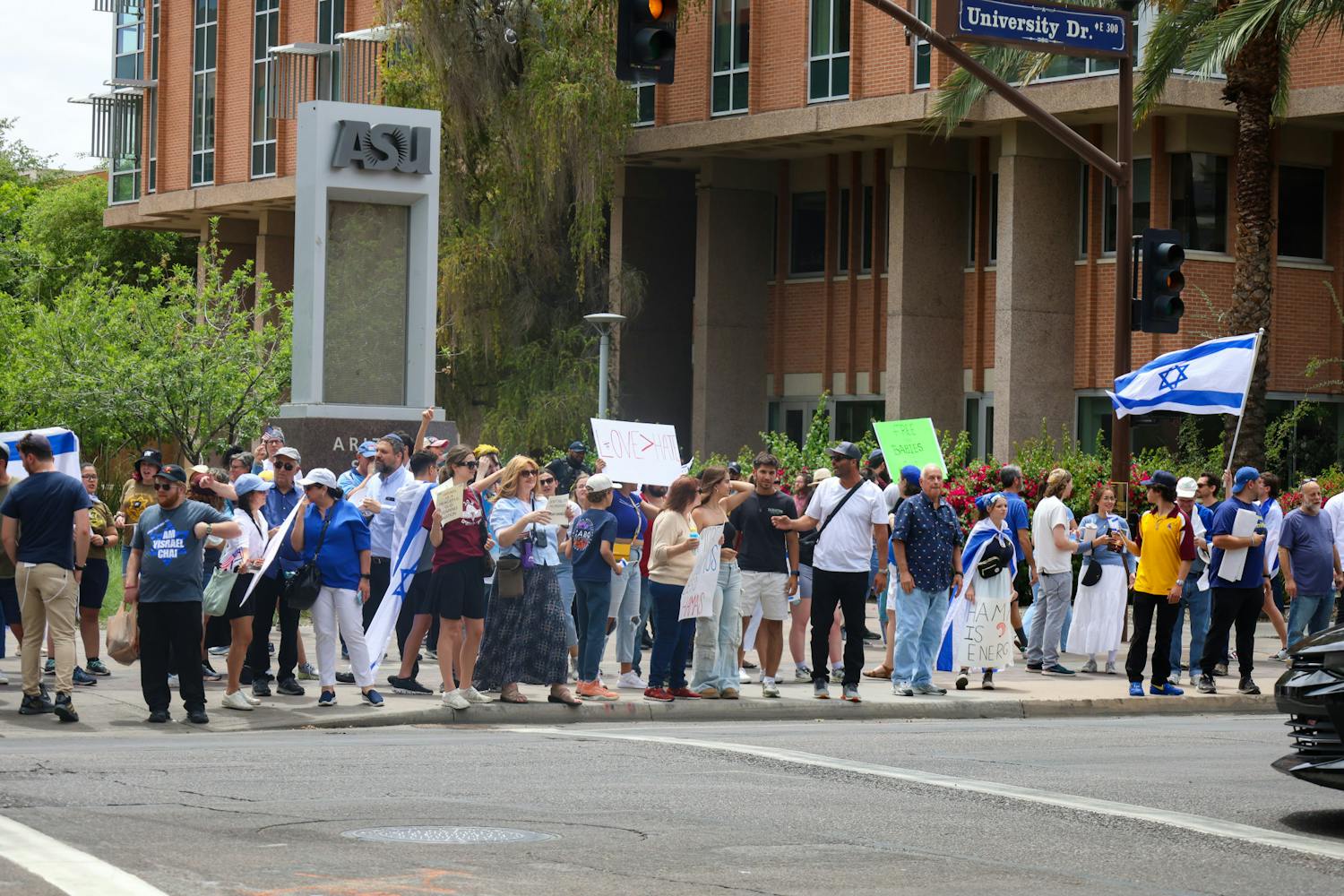One of the biggest reasons I chose to go to college after high school was that I felt like I hadn’t learned enough.
When I was really young, I’d look up to high school seniors and think, “Wow, when I’m that old, I’ll know so much about the world.”
Imagine my disappointment when I reached the end of my senior year and realized that the public schooling system hadn’t taught me nearly as much as I hoped it would. I’d only skimmed the surface of world history, let alone American history.
I passed chemistry class without knowing much about the elements, and at the end of my high school career, I’d read just one of Shakespeare’s plays.
Most importantly, I wasn’t prepared in the slightest to become a real person in the real world.
Besides expecting a mostly complete education in arts, sciences, mathematics, history and politics, I’d always assumed that by the time I graduated high school, I would be a whiz at paying bills and balancing a checkbook. I’d learn what a mortgage was, how health, life and car insurance worked and maybe even be able to articulate my home country’s economic policies.
I received my diploma and moved the tassel from one side of my cap to the other, feeling like an idiot.
“This is it?” I thought. “I’m supposed to be ready to embark on the arduous, oppressive and vulnerable journey through life?”
To this day, I don’t understand how anyone with a mere high school education is expected to be able to navigate through this world fraught with hurdles, bureaucracy and rejection. High school barely prepares a person for college, let alone post-graduate life.
Nearing the end of my undergraduate career, I am peering over the lofty, jagged cliffs of uncertainty yet again, feeling that I am nowhere near ready to enter the system of authentic "personhood."
I got sick last week. “How do I find a doctor?” I asked myself. “How will I get decent health insurance after I’m 26 and kicked off my father’s health care policy?”
I stopped at the bank about a month ago to make a simple paycheck deposit and the teller asked me what I had been doing to earn credit. The teller's facial expression turned dour, and her eyes reeled with pity when I replied, “I don’t know. I guess not too much; I’m only 20.”
I can’t help feeling that the rest of the world knows something that I don’t — that my time spent locked up in the ivory tower of academia has handicapped me more than strengthened me.
All students at ASU are required to take that preposterous freshman orientation seminar during their first semester. The administration argues that it’s essential to the success of any new student.
Why aren’t there any seminars which teach us how to manage our lives post-graduation? Where are the TAs to help me understand my credit score and to go about refinancing my mortgage?
Where’s the required seminar which teaches students how to buy a car, how to change that car’s oil or its tires when necessary?
I was shocked to discover that none of my classes have taught me anything compulsory for a secure and content adulthood. I’ve learned a lot, but nothing that will save me.
Reach the columnist at jwadler@asu.edu or follow him at @MrJakeWAdler
Want to join the conversation? Send an email to opiniondesk.statepress@gmail.com. Keep letters under 300 words and be sure to include your university affiliation. Anonymity will not be granted.



